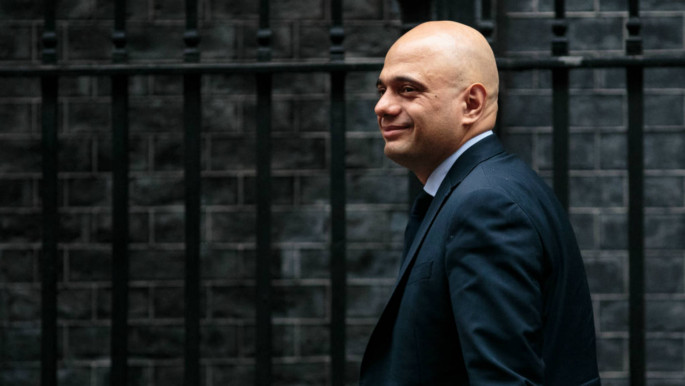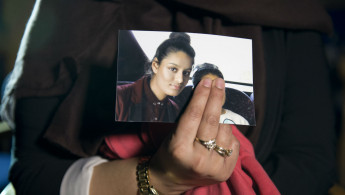Shamima Begum says she could be 'anti-IS poster girl' if allowed back to UK
A British teenager who travelled to Syria aged-15 to live in Islamic State group territories has made a fresh appeal to be allowed to return to the UK, saying she could try to prevent others from joining the extremists.
Shamima Begum, now 19, has been at the centre of heated public debate in the UK over whether she should be allowed back into the country. The UK government last week informed Begum's family that her citizenship is being revoked.
"I am hoping to be given a second chance," Begum said in an interview with The Daily Mail.
"I'd like to be an example of how someone can change. I want to help, encourage other young British people to think before they make life-changing decisions like this and not to make the same mistake as me."
"I can't do that if I am sitting here in a camp. I can't do that for you," she added.
Public sentiment hardened against Begum after she showed little remorse in initial interviews from the refugee camp where she currently resides in in northern Syria.
Her family said in an interview earlier this month that they were "shocked and appalled" at the "vile comments" she made in the media, however, they vowed to challenge Britain's decision to bar her from re-entering the UK by revoking her citizenship.
 |
|
| Read also: Shamima Begum and Sajid Javid's circle of (t)error |
Begum joined two school friends who fled their East London homes to join the Islamic State group four years ago.
While living in Syria, Begum married a Dutch IS fighter who is currently being held by US-backed Syrian rebel fighters.
With IS crumbling, many European countries are now having to confront whether to bring back its citizens who travelled to join the group and prosecute them at home, or bar them from entry over security concerns.
Some 400 people who joined IS in the early stages of the Syria conflict have since returned to Britain and around 40 of them have been prosecuted.





 Follow the Middle East's top stories in English at The New Arab on Google News
Follow the Middle East's top stories in English at The New Arab on Google News
![Netanyahu furiously denounced the ICC [Getty]](/sites/default/files/styles/image_330x185/public/2024-11/GettyImages-2169352575.jpg?h=199d8c1f&itok=-vRiruf5)
![Both Hamas and the Palestinian Authority welcomed the ICC arrest warrants [Getty]](/sites/default/files/styles/image_330x185/public/2024-11/GettyImages-2178351173.jpg?h=199d8c1f&itok=TV858iVg)
